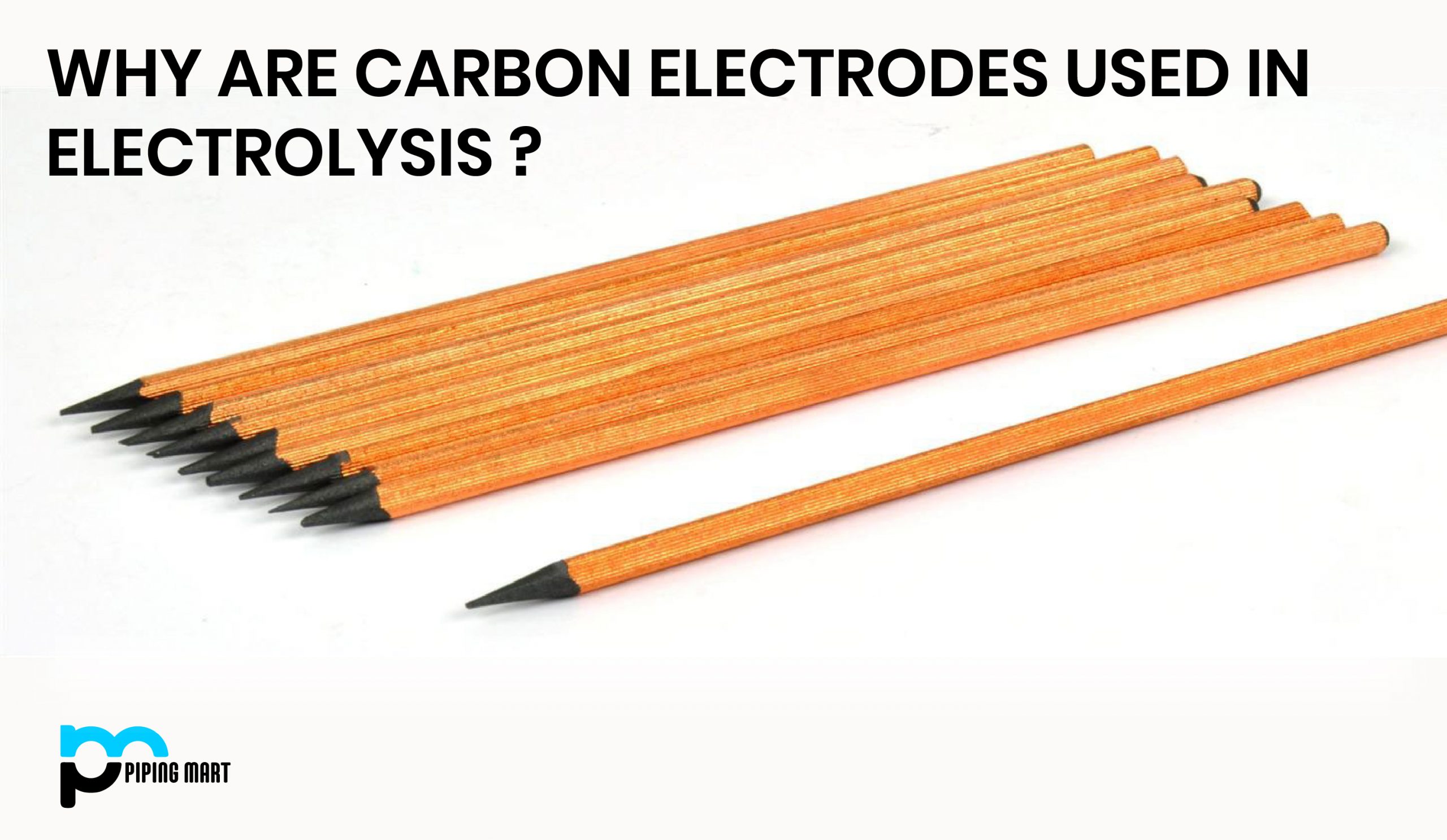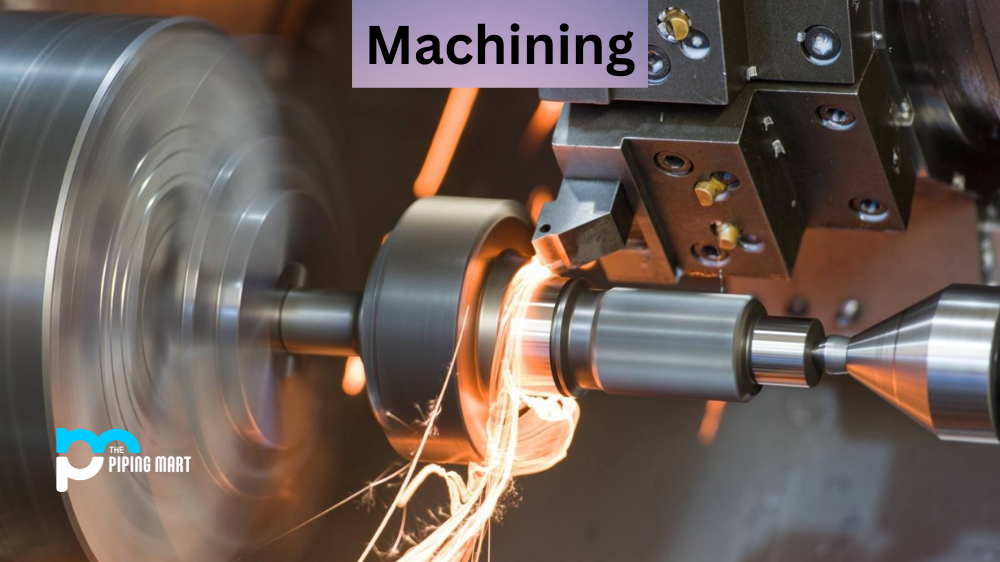Carbon is an excellent conductor, which is a vital necessity in the process of electrolysis. When a carbon electrode is utilized, the amount of free flowing electrons within the structure of the element occurs in highly conductive metal. Carbon is also comparatively cheap, remains stable at high temperatures, strong and durable material. Another notable highlight of this electrode is it has a high melting point. Due to all these beneficial factors, it can be employed for an extensive range of reactions and processes. The electrolysis solution includes two rods. When the current is passed through the solution, both rods carry various chemical or physical effects. When it receives electrons, then positively energized ions move towards the cathode. And, the negatively energized ions flow towards an anode that is positive, and it loses electrons. It is created by an allotrope of carbon compounds, which is known as graphite. They are made from combining multiple carbon atoms in a hexagonal pattern and combined with more quantity of hexagonal to make a layer. Carbon electrodes are utilized for different purposes where electron transfer is needed and are used commonly during the process of electrolysis.
Why are Carbon Electrodes perfect to use in the process of electrolysis?
Carbon electrodes have the bulk amount of free electrons that are free for transfer and have the ability as a conductor. These reasons make it suitable to use in electrolysis. Carbon not only has an efficient conductivity property, but it also has an extremely high melting point. This implies it can be used to help in an extensive range of complex reactions.
Use of carbon electrodes during electrolysis:
The process of electrolysis after using carbon electrodes is similar to that obtained when other materials are utilized in electrodes. Positively energized ions move towards the cathode, and then they gain electrons. In contradiction, negatively energized ions are attracted towards the positively energized anode, and then they lose electrons. This gaining and losing of electrode process is done after utilizing these electrodes in the solution.
Effects on carbon electrodes during electrolysis:
There are two types of carbon electrodes in an electrolysis process that is the positive and the negative electrode. The effect that occurs at every electrode is different. When the compound which is to be electrolyzed is in solution with the electrical current moving within it, then ingredients of the compound become ionized (i.e., they are separated into positively and negatively energized ions).

Pipingmart is B2B portal specializes in industrial, metal and piping products. Also, share latest information and news related to products, materials and different types grades to help business dealing in this industry.




